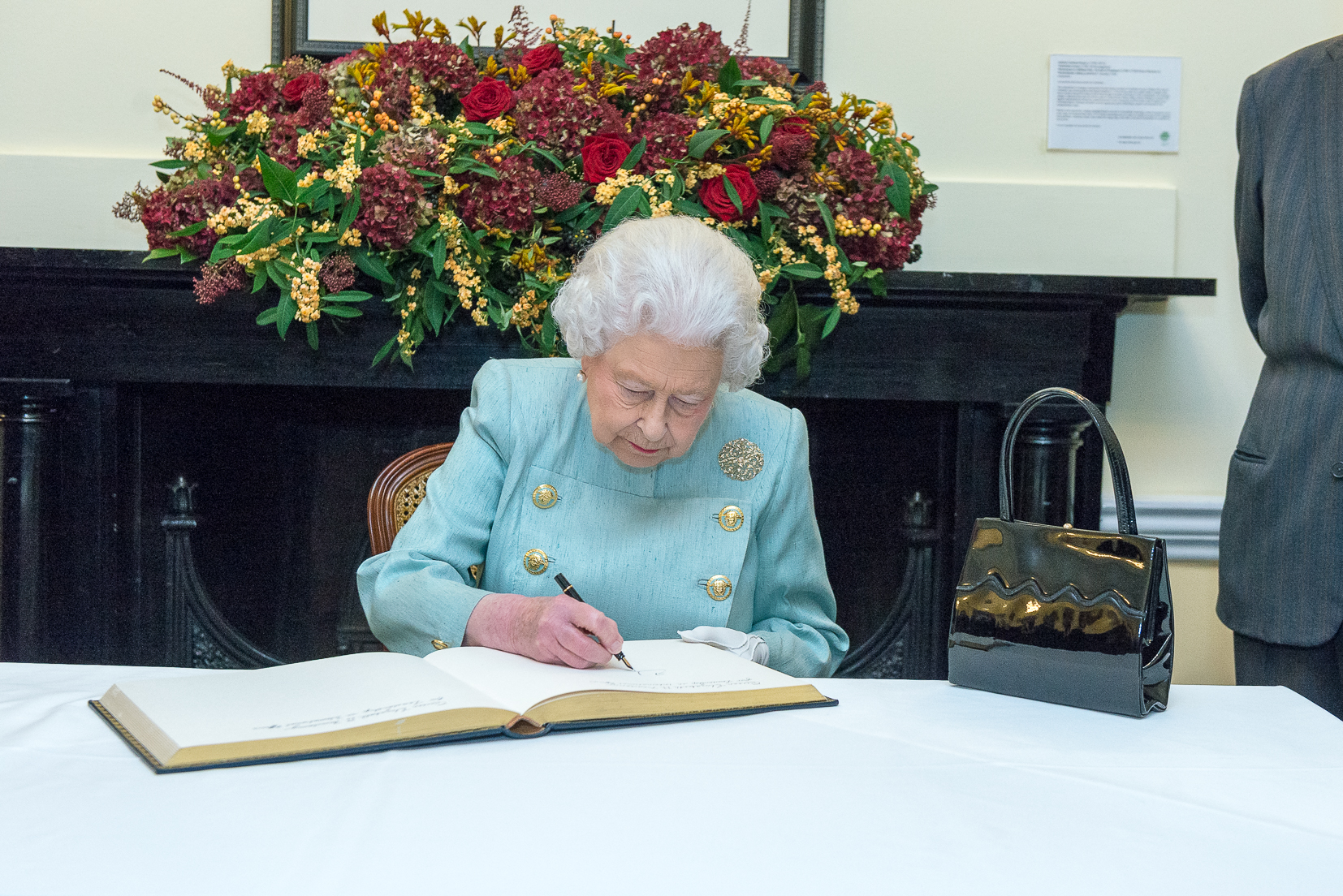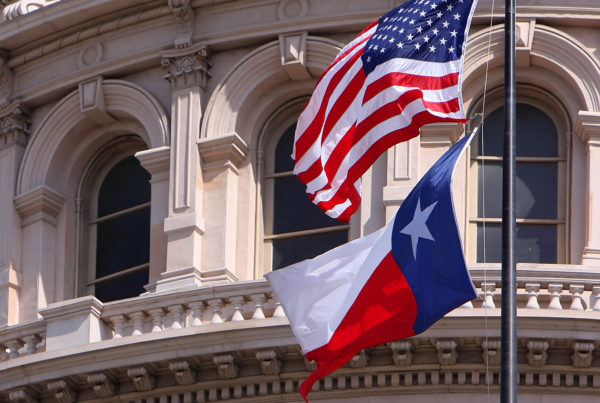The passing of Queen Elizabeth II on Thursday, on the heels of the selection of Prime Minister Liz Truss, represents a changing of the guard for Britain’s political and cultural leadership. And it’s likely that the nation’s relationship to the monarchy, soon to be led by King Charles III, will be different than it was under Elizabeth.
Caroline Ritter, a historian of modern Britain and a professor at Texas State University, says the U.K. faces a number of challenges right now, from an energy crisis to continuing fallout from Brexit, as well as ambivalence toward the monarchy from many of its subjects. Listen to the interview above or read the transcript below.
This transcript has been edited lightly for clarity:
Texas Standard: First, what’s your reaction to the death of Queen Elizabeth?
Caroline Ritter: It’s a combination of surprise as well as a bit of expectation. She was 96, and there was a sense that this constant presence that you spoke of was going to be coming to an end soon.
Within a week, Britain has experienced quite a change in both political and ceremonial leadership. How do you think this literal changing of the guard is likely to affect some of the real challenges the U.K. is facing right now?
That question is an interesting one because it already points to the different roles that the queen served in. The figure of the monarch has a constitutional responsibility and a relationship to the creation of a new government, which she served in a few days before her passing. With her meetings with the new prime minister. But the much more significant role that the monarch now has in kind of modern Britain is a role of being a cultural figurehead, being a symbol of the nation instead of a specific political role in the running of the nation. What that means is that the challenges that you spoke of that Britain faces, whether it’s thinking about the energy crisis, the continuing fallout out of Brexit or whatever that might be. Those are challenges that are really more falling onto the plate of the new prime minister, then falling on directly onto King Charles. The third kind of front agenda.
It’s often said that Queen Elizabeth was loved and respected, even among those who weren’t really fans of the monarchy itself. Do you think King Charles is likely to face a more ambivalent public?
I do. I don’t think that that ambivalence will come through right away. I feel that the next 10 days, the next two weeks will comprise quite a lot of reflection over what the past seven decades have been. And again, that kind of speaking about a stable, a constant kind of figure in the monarch. However, the person was different than the institution of the monarchy, and we now have a new person occupying that position. And so what that means is that then there will be more space to criticize the entire institution because it’s a different person who heads it and a person who has a very different relationship with the British public.
» RELATED: Remembering Queen Elizabeth’s visit to Texas
What can you say about the impact of the queen’s passing around the British Empire, where the monarchy is often a reminder, clearly, of the U.K.’s colonial past?
When we think back to what the British Empire was when Queen Elizabeth first ascended to the throne – this was the early 1950s. There was an enormous empire. There were millions of people living around the world who were living under British rule. And the queen did oversee sort of a falling away of the empire and did so sometimes, you know, imperfectly. There were missteps. There were moments when it was certainly perceived by the populations who were kind of feeling that they were trying to fight for their sovereignty, that Britain was resisting, and that there was an attempt to kind of continue this authority over their ability to govern themselves. And that hasn’t disappeared entirely. Even if there is a lot of fondness for the figure of the queen that’s being expressed this week, it doesn’t entirely paper over that long history Britain has had with its empire.














